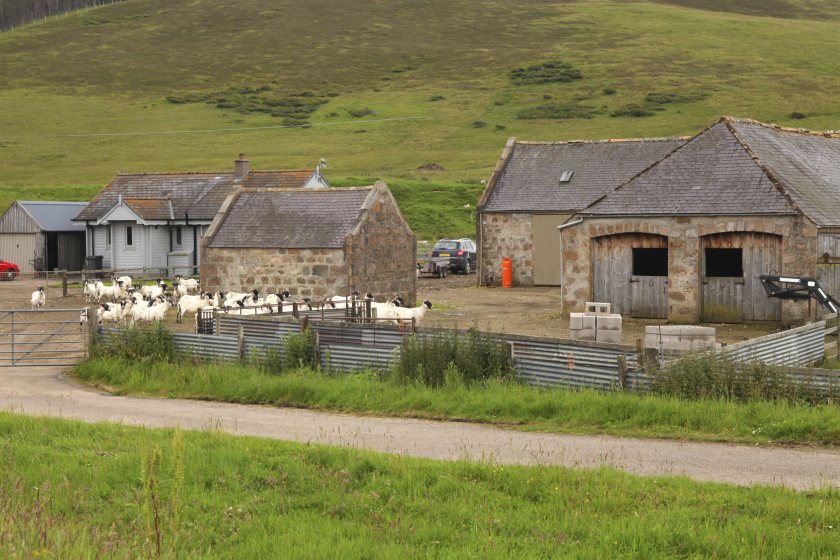NFU Scotland warns against farmers 'carrying the burden' in net zero drive

NFU Scotland has made clear that farmers are ready to lead on climate action—but won’t accept being unfairly burdened by new carbon budget plans.
The union has firmly responded to the Climate Change Committee's (CCC) new advice on the level of Scotland’s four carbon budgets, covering the period 2026 to 2045.
The UK’s climate watchdog urged Scotland to take “immediate action at pace and scale” to reduce emissions, following the scrapping of several Scottish government policy pledges.
However, ministers kept the commitment to achieve net zero by 2045. The CCC states that to meet it, emissions must fall by an average of 57% within the next five years and by 69% by 2035, compared to 1990 levels.
Welcoming the more balanced tone of the report, NFU Scotland acknowledged its recognition of the important role farming can play in emissions reduction through low-carbon technologies, peatland restoration and soil management.
However, it strongly criticised the proposed 26% cut in cattle and sheep numbers by 2035, warning it would be devastating for hill and upland farms already operating on tight margins.
NFU Scotland President Andrew Connon said: “There’s progress in recognising the contribution farmers and land managers can make to reaching net zero, but we must be crystal clear: slashing livestock numbers is not the solution.
"Scottish agriculture is already among the most climate-efficient in the world with many farmers already adopting new technologies, renewable energy and nature-friendly practices.
"With the right backing, we can go further but that journey must be fair, practical and properly supported.”
He stressed that achieving net zero does not mean zero emissions, highlighting how farmers are uniquely placed to balance emissions through both reductions and carbon sequestration across grasslands, soils, peatlands, and woodlands.
“We need policy that rewards sequestration as well as efficiency,” Mr Connon added. “Farmers are ready to lead on both fronts, but that contribution must be properly valued. Sequestration is not a loophole, it’s a key part of the solution.”
NFU Scotland also raised concerns over using Scottish land to offset emissions from elsewhere in the UK, calling instead for tailored, locally rooted climate pathways.
“Scotland must not become the carbon sink for the rest of the UK,” Mr Connon said. “We want to play our part but not carry the burden for others.”
The union further underlined the urgent need to support climate adaptation, pointing to the growing challenges farmers face from water scarcity, extreme weather and supply chain disruption.
“Adaptation is no longer a future issue – it’s a now issue,” said Mr Connon. “We need meaningful investment in resilience to safeguard Scotland’s food security while continuing to deliver on climate and nature targets.”
NFU Scotland is now calling on the Scottish government to provide farmers with clear, long-term policy direction and certainty to invest, adapt and lead the transition to net zero.
The union pledged to continue working with government over the summer to ensure the revised Climate Change Plan empowers, rather than penalises, Scottish agriculture.








